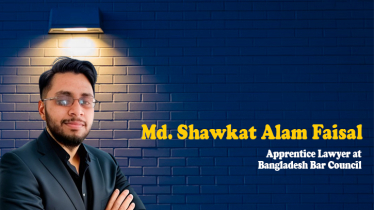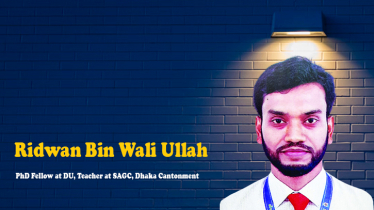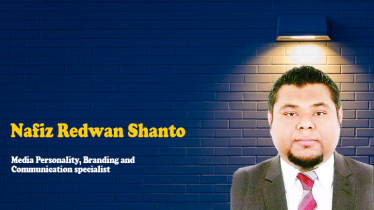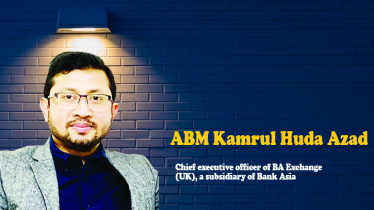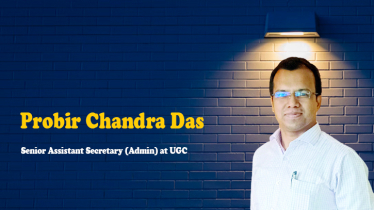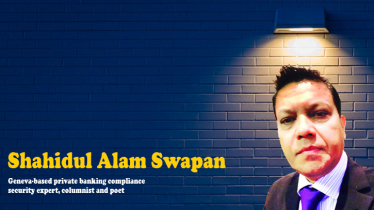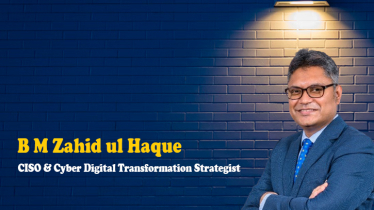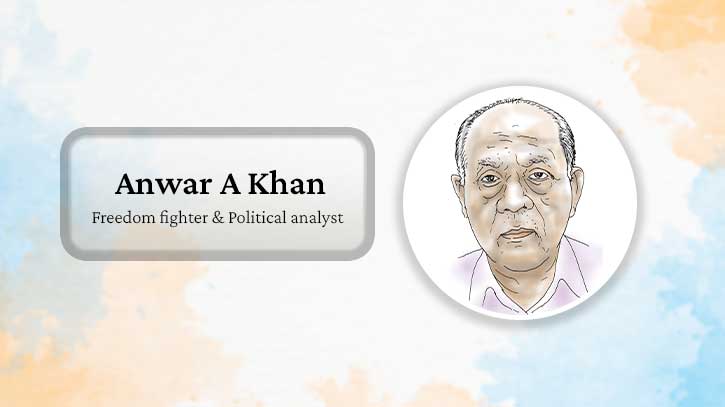
Anwar A. Khan
Bangladesh has been always shaped by events as much as by people and leaders. In the long and turbulent history of the country, there are great events, rebellion, war, victory, assassinations, crackdowns and massacres. But Mujibnagar Day is one such watershed event in the annals of our glorious liberation struggle. Bangladesh’s first government in exile was formed on the tenth of April, 1971 with Syed Nazrul Islam as Acting President, Tajuddin Ahmad as Prime Minister and Colonel M.A.G. Osmani as Chief of Army Staff ‘as the rightful constitutional, logical, and realistic step forward towards the full realization of our dream of an independent country of our own.’
But the seventeenth of April is traditionally celebrated as Mujibnagar Day in the country because the oath-taking ceremony of our first government took place on that date. The address of Prime Minister Tajuddin Ahmad at the historic oath-taking ceremony of the first cabinet of the People’s Republic of Bangladesh at Mujibnagar on April 17, 1971, is an epoch-making event in our history and his speech is of immense importance for fighting against the Pakistani occupation forces and at one point of his address, he said, “Pakistan is now dead and buried under a mountain of corpses.” Yes, Pakistan was buried then.
With a simple analogy, Acting President Syed Nazrul Islam and Prime Minister Tajuddin Ahmad declared the forming of the first government in exile to fight a people’s war against brutal Pakistan’s military forces and their heinous local collaborators mostly the Jamaat-e-Islami butchers. These days have been made for the ones who left home but did not return. We gather in order to remember those who have made the ultimate sacrifice for us and to pay them homage.
Truly, the sacrifices made by this nation’s heroes and their families are immeasurable.
These are the grim realities of our freedom. Freedom ranks among the greatest of gifts known to man, but like anything of value, it has its price. Those who have lost a loved one in service to our country are all too familiar with the price that must be paid. They know what it is like to have their worst nightmare come true when they see their husbands, sons and daughters are finally not returned. When the doorbell rings they already know that their near and dear ones were brutally slaughtered and their dead bodies were allowed to eat by the vultures, dogs, jackals and other human flesh eaters instead of burial. Those who have not experienced such things will never understand freedom in the way those who have to do because no one can feel the pain they have lived through.
People in Bangladesh, then, having never laid such a sacrifice upon freedom’s altar, hold a very narrow view of what freedom really is. Though our understanding of the freedom with which we are provided for a longer period of time by the military dictators turned shenanigan politicians like Zia, Ershad and Zia’s worthy wife Khaleda Zia and their mango-twigs may be limited, let our gratitude to those who have given their lives to provide it, and our compassion for their loved ones, be unending.
This begs the question; how do we show our gratitude to the men and women who have given their lives for us?
We each can do this in our own unique way according to our abilities, and when we do it redeems their sacrifices. As long as we bear this in mind and act upon it, we are honouring our fallen heroes, but if we, as a society, do not show gratitude for their sacrifices, their memory fades away. They gave the last full measure for us; their blank checks were cashed. Let us not commit the injustice of taking their sacrifices for granted.
Their honour can never be taken away from them because, although they had to leave behind wives, husbands, children, and a lifetime of memories they never got to make, the honour they earned by the sacrifice of their blood abides with them eternally. They remain with us in spirit to the extent we dignify their offering. Under the current situation, we should have firm determination, selfless sacrifice, and a deep sense of patriotism for protection and proper implementation of the spirit of our liberation war against the evil designs of a section of our people who are out to establish the so-called Bangladeshi nationalism based on religion.
The writer is an independent political analyst who writes on politics, political and human-centred figures, current and international affairs.
TDM/SNE


